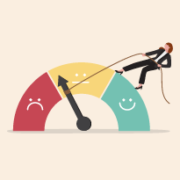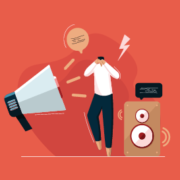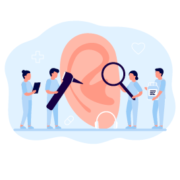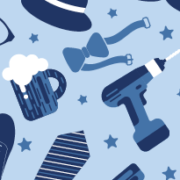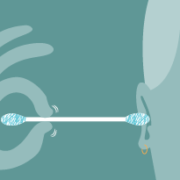5 Simple Ways to Boost Your Mood This Winter
Hearing Health and Mental Health Have a Clear Connection
In fact, untreated hearing loss increases your risk of depression, anxiety, social isolation, and more. Winter is also a prime time for seasonal blahs. If you could use a little mental-health boost, here are some simple ways to get started.
Express Gratitude
Gratitude improves happiness, well-being, and mental health. The best-researched method is keeping a gratitude journal. Once or twice a week, choose one act or person you’re grateful for and write a few sentences detailing why. In daily life, you’ll begin to seek out the positive — rather than the negative — and writing it down allows you to really savor that positive emotion.
Exercise
Exercise releases endorphins, which relieve stress and boost your mood. You can even use small things that add more activity to your day, like skipping the elevator in favor of the stairs or taking a short, brisk walk. If you work from home, tackle chores that require you to walk to another room or — better yet — another floor. Aim for 30 minutes a day.
Spoil Your Senses
Use your senses to quickly find calm. For some people, it’s an uplifting song or the smell of ground coffee. For others, it’s squeezing a stress ball. Each person’s relationship to their senses is a little different, so experiment to figure out what works best to bring you back to center.
Lose Yourself
Doing something you love, something you know you can lose yourself in, allows you to forget about life for a while. You don’t have to be a parent, a spouse, or an employee — you can just be.
Find a Furry Friend
Interacting with a pet lowers cortisol — the stress hormone — and raises oxytocin — the feel-good hormone. It also lowers blood pressure and eases loneliness and depression. Don’t have a pet? Walk a friend’s dog, volunteer to cat-sit for a vacationing neighbor, or volunteer at a shelter.
Contact us to learn more about the hearing health-mental health connection!
Sources:
Harvard Health Publishing. Giving Thanks Can Make You Happier. https://www.health.harvard.edu/healthbeat/giving-thanks-can-make-you-happier Accessed July 14, 2023.
American Psychological Association. Exercise: A Healthy Stress Reliever. https://www.apa.org/news/press/releases/stress/2013/exercise. Accessed July 14, 2023.
Niazi, Y, et al. Impact of Hearing Impairment on Psychological Distress and Subjective Well-Being in Older Adults. Pakistan Journal of Medical Sciences. 2020 Sep-Oct; 36(6): 1210–1215.
Johns Hopkins Medicine. The Friend Who Keeps You Young. https://www.hopkinsmedicine.org/health/wellness-and-prevention/the-friend-who-keeps-you-young. Accessed July 14, 2023.

